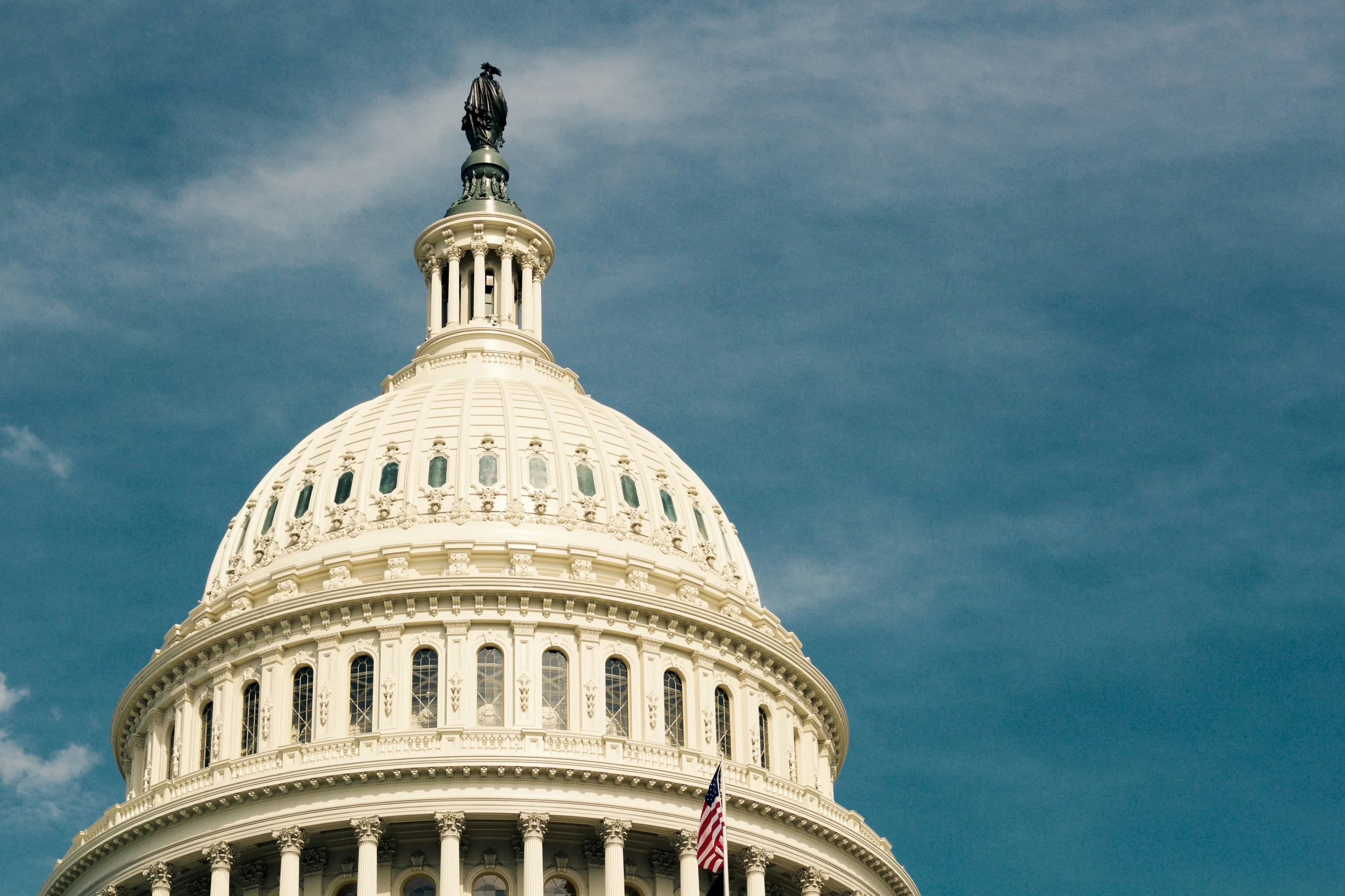U.S. Regulators Speak Out on Cryptocurrencies
On February 6th, the U.S. Senate Committee on Banking, Housing and Urban Affairs held a hearing on virtual currencies in which testimony was provided by the Chairman of the U.S. Securities and Exchange Commission (“SEC”), Jay Clayton, and the Chairman of the U.S. Commodity Futures Trading Commission (“CFTC”), J. Christopher Giancarlo.
This hearing comes at a particularly interesting and volatile time for the cryptocurrency and initial coin offering markets. Cryptocurrency markets have seen precipitous declines over the last several weeks with a recent spike in volatile activity. Additionally, both the SEC and CFTC have recently taken enforcement actions against ICOs and market participants committing fraud. While those working in the cryptocurrency/blockchain sector always pay close attention every time a U.S. regulator speaks or writes on the subject of crypto market regulation (and rightfully so), the recent volatility and enforcement actions caused a heightened sensitivity to the hearing on February 6th.
In addition to the hearing, Chairman Clayton and Chairman Giancarlo provided written initial statements to the Committee, found here. There were several key takeaways from these written statements and the hearing.
1. Regulator Perspective. The hearing provided insight into the regulators’ perspective on the crypto market broadly and on the application of regulations to the crypto market specifically. The statements made by both chairmen suggest that regulators have divided this sector into three distinct categories: (1) “established” cryptocurrencies (e.g., Bitcoin and Ethereum) and their related derivative products; (2) initial coin offerings, viewed as a new financing alternative for blockchain technology companies; and (3) distributed ledger or blockchain technology. While the chairmen spoke cautiously about the first two categories, they expressed hope regarding the use of blockchain technology as a ground-breaking technology across financial systems.
2. ICO Status under Securities Laws. Chairman Clayton took a particularly strong position regarding digital tokens by expressly stating that every ICO he has seen is a sale of a security. Additionally, several times throughout the hearing Chairman Clayton took the opportunity to address those in the ICO industry about participating in unregistered or non-exempt token sales:
“You can call it a coin but if it functions as a security it is a security. [. . .] Those who engage in semantic gymnastics or elaborate re-structuring exercises in an effort to avoid having a coin be a security are squarely in the crosshairs of our enforcement provision.”
While it may have been due to the brief nature of the hearing, Chairman Clayton focused primarily on the “expectation of profits” prong of the Howey test when describing why, in his opinion, every ICO he has evaluated constitutes a sale of a security. This opinion has not yet been tested in court, but it seems clear that Chairman Clayton disagrees, at least under certain circumstances, with the “utility” token framework that has been used by some to argue that a token is not a security.
3. Jurisdiction Over Crypto Market. A serious question remains regarding which regulatory agencies have jurisdiction over the various aspects of the crypto market. Both chairmen spoke and wrote about the overlap between their two agencies and their attempts at working with each other and with other federal and state agencies, but they appear to be in the early stages of figuring out effective regulatory solutions. Multiple Senators pushed the chairmen on whether there were any gaps in the regulatory landscape of the crypto sector and whether additional legislation was necessary to address such gaps or to change the jurisdictional mandate of a specific agency to provide full jurisdiction over the sector. While both chairmen stated that additional legislation may be necessary, they took the position that they lacked enough information to answer such questions during the hearing and agreed to work together to find adequate answers.
4. Blockchain Technology. In acknowledging the potentially revolutionary aspects of distributed ledger and blockchain technology, both chairmen recognized the need to continue to foster such innovation in the United States. Chairman Giancarlo was particularly passionate about the future of this technology and how it has captured the attention and interest of the younger generations. While both chairmen tempered the excitement for these technologies by recognizing that regulatory oversight was necessary, this demonstrable interest in fostering technological innovation should be taken as a positive sign for the crypto sector, as there appears to be a genuine interest in finding effective ways foster innovation in the sector while also providing much-needed regulatory oversight.
Ultimately, the hearing indicated that regulators are still working on understanding the crypto market and how to effectively regulate it. This is a maturing industry and, though lagging behind, a maturing regulatory structure as well. Industry leaders will need to continue to engage with these regulators to develop effective regulatory solutions. Both chairmen have expressed interest in fostering continued innovation in the sector, but it is on those in the sector to work with regulators to help develop solutions that actually foster innovation.
Scannavino Lamb LLP is a boutique law firm based in New York City offering legal and business advice to forward-thinking entrepreneurs, startup companies, and startup investors. Founded by former Big Law lawyers, the firm serves its clients by blending world-class service with entrepreneurial perspective. Check us out at www.scannavinolamb.com.
This publication is for general information purposes only. The information in this publication should not be construed as legal advice or legal opinions, is not a substitute for fact-specific legal counsel, does not necessarily represent the views of the firm or its clients, and is not intended to create a lawyer-client relationship. This publication may constitute attorney advertising in some jurisdictions.

